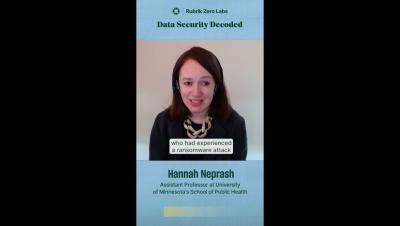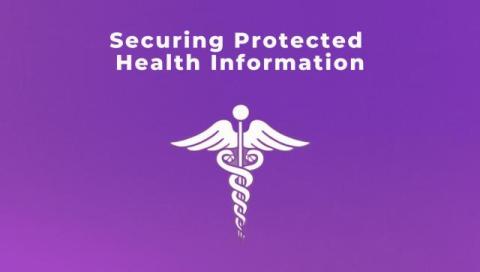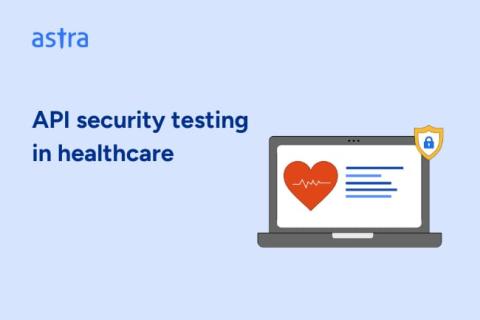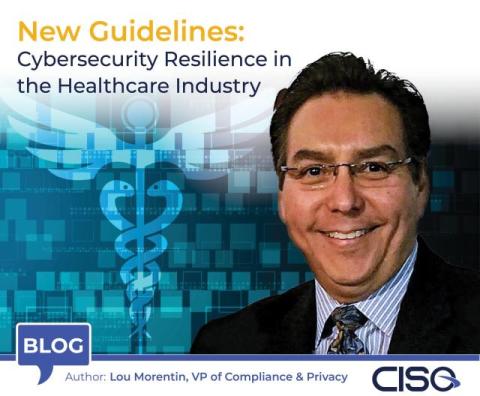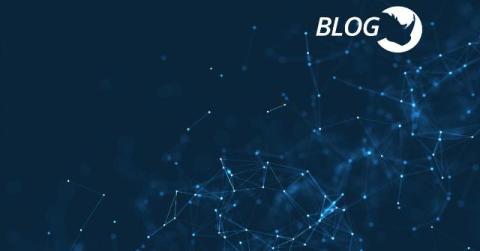Healthcare Sector Targeted by Fake CAPTCHA Attack on HEP2go to Deliver Infostealer Malware
Arctic Wolf has recently observed a campaign targeting the healthcare sector, where victims visiting the widely used physical therapy video site HEP2go are redirected to a fake CAPTCHA webpage when they attempt to visit multiple parts of the website. This CAPTCHA provides instructions that trigger PowerShell code execution and the eventual loading of infostealer malware.



